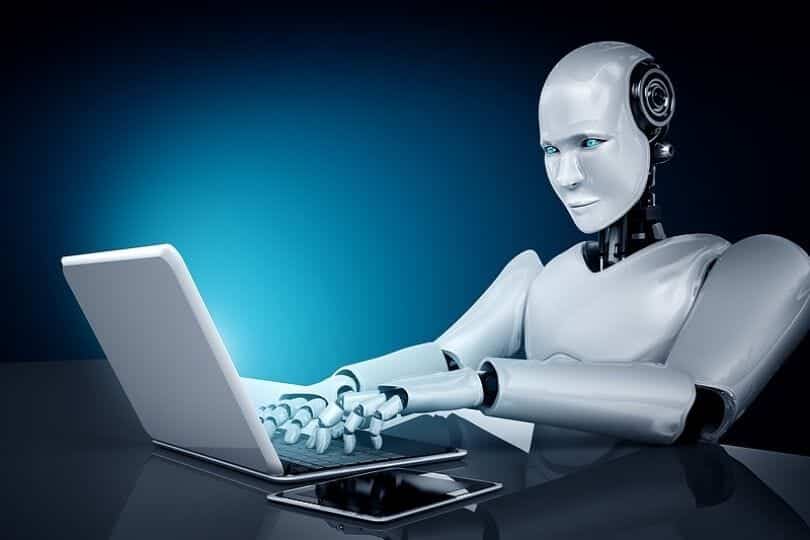How AI Tools Are Transforming the Software Development Lifecycle
5 Use Cases of Artificial Intelligence in Software Development
Artificial intelligence continues to be a hot topic in tech penetrating global headlines as well as assisting in everyday office operations. The adoption of AI-driven algorithms is moving at hyperspeed. The IBM survey reported that 42% of enterprise companies have actively implemented AI in their business workflow. This growing deployment of AI is reshaping various sectors, and the software development lifecycle (SDLC) is no exception. Let’s see how AI impacts various stages of the SDLC.
Accurate Resource Estimation
The software development starts with comprehensive project planning – from understanding the pain points of the end customers to identifying the cost, setting deadlines, roadmap creation, and resource allocation to accomplish the task. Analyzing vast amounts of data, AI consulting algorithms facilitate the work of the development team by helping decide on the features and functionalities that resonate with the target audience, set benchmarks, estimate the time required for each development phase, and assign the right skills to specific tasks.
Design and Prototyping
Designing the software architecture and user interfaces (UI) is a crucial step that defines the AI app development structure and user experience (UX). AI tools, through machine learning algorithms and data analytics, can offer personalized design recommendations based on user preferences and behavior patterns. In prototyping, AI-enhanced tools can automatically generate code snippets and user UI elements, speeding up the iteration process and enabling designers to focus on creativity and innovation.
Assistance in Development Stage
One of the most transformative aspects of artificial intelligence in the SDLC is the automation of code generation. AI-driven coding comes to the rescue by automating repetitive and time-consuming tasks
allowing human developers to focus on more complex development goals and complement AI. The presence of AI in the software development lifecycle opens up the need for a new breed of developers – those who can effectively work alongside artificial intelligence. Worries aside – even though AI is able to generate code, it will not replace human developers.
Software Testing and Quality Assurance
AI-driven testing offers developers numerous opportunities including complete automation, reduced testing time, and costs. AI-driven testing tools can predict the most critical test cases based on the project requirements, identify potential points of failure, and prioritize testing efforts accordingly, improving the effectiveness of testing processes. Similar to AI-powered coders, the implementation of AI assistants into the testing stage will not replace the human testers but add to the efficiency and cost-effectiveness of the phase.
To summarize, the impact of artificial intelligence on the software development life cycle is multifaceted and covers all the key stages of building software. AI offers opportunities to reduce human effort, cut down on expenses, and boost time-to-market speed.
Successful integration of AI into software development requires a blend of technical expertise, strategic planning, and continuous learning to adapt to evolving AI capabilities. This is when S-Pro team comes in. Their tech specialists understand the concerns of tech leaders and help them transform their businesses with innovative and efficient AI solutions.


























